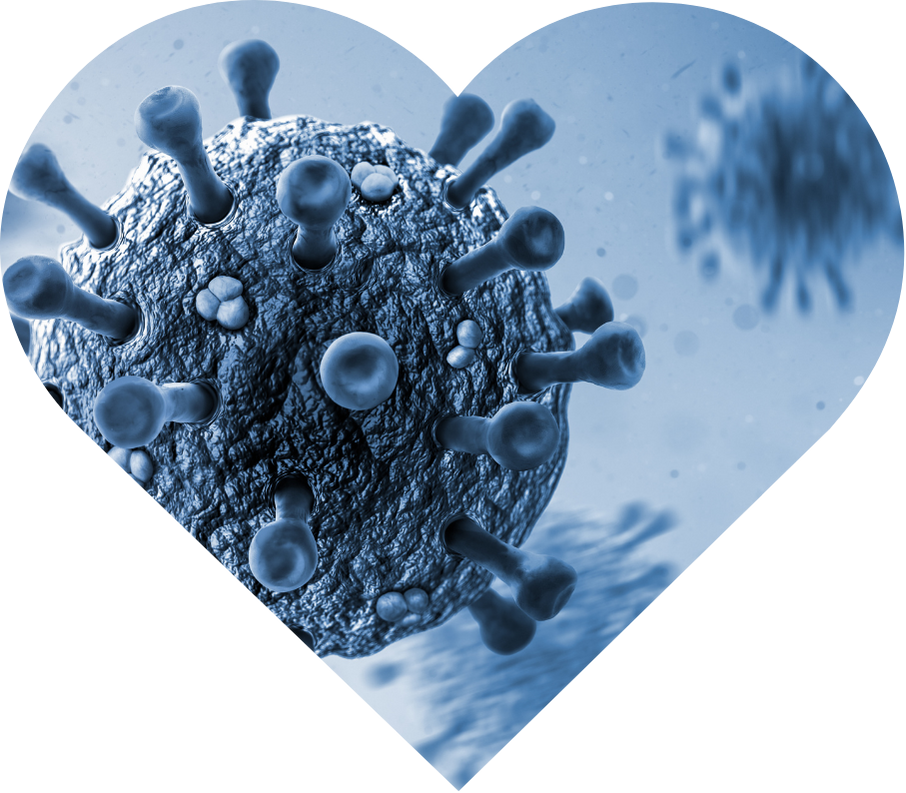Imagine your kitchen as an interface for precise immune control: a spoonful of olive oil switches down inflammation programs, a cup of green tea adjusts cellular defense mechanisms, a piece of dark chocolate trains your microbiome – and the bright carotenoids from carrots provide building blocks for resilient mucous membranes. This vision is not a distant utopia but the logical consequence of new research showing how certain antioxidants can target the immune response. Those aiming for high performance, longevity, and stable energy consciously use these levers – daily, enjoyably, effectively.
Antioxidants are molecules that neutralize free radicals – reactive oxygen species that can damage cell structures and DNA. The context is important: it’s not about "radical extermination at any cost," but about a wise balance. The immune system works with oxidative signals; targeted antioxidants modulate these signals without dampening defense. Carotenoids are fat-soluble pigments, many of which act as provitamin Aprecursors of vitamin A that are converted to retinol in the body and thereby strengthen the barrier functions of skin and mucous membranes. Tea catechins like EGCGepigallocatechin gallate; a bioactive polyphenol from green tea intervene in cellular signaling pathways that regulate inflammation and oxidative stress. Flavonoids from cocoa influence NF-κBa central switch for inflammation genes and the formation of nitric oxide, which regulates blood vessels and immune cells. Polyphenols from extra virgin olive oil act on cytokines – messengers of immune defense – thus adjusting the inflammatory response. The goal: resilient defense, less silent inflammation, faster recovery.
Carotenoids protect cells from reactive oxygen species and provide provitamin A – a dual effect that strengthens the integrity of mucous membranes and thus the first line of defense against pathogens [1]. Green tea with EGCG shows anti-inflammatory and antioxidant effects in clinical contexts that target central signaling pathways, thereby dampening systemic risk factors for immune dysregulation [2]. Cocoa flavonoids exhibit immunomodulatory effects: they influence cytokine profiles, support innate and adaptive immunity, and alter the microbiome in a way that reinforces the gut-immune axis – effects that have also been observed in human studies [Ref37909175; Ref21470061]. Polyphenols from extra virgin olive oil modulate immune-mediated inflammatory processes and antioxidant systems; regular consumption reduces marker-based inflammatory burdens within a Mediterranean dietary pattern, thus supporting a robust yet controlled defense [Ref29141570; Ref40929788]. For high performers, this means: less "silent inflammation," better resilience, clearer thinking – and, in the long run, a lower risk of inflammation-driven age-related diseases.
An overview of carotenoids describes their role as strong antioxidants and as provitamin A sources that protect cells and tissues from singlet oxygen and free radicals; the authors link this to improved immune function and a reduced risk of certain cancers. The relevance: carotenoid-rich foods provide not only color but also functional immune support – especially for barrier tissues that capture pathogens first [1].
In the case of green tea, a clinically oriented review compiles 17 studies on EGCG and catechin interventions. The core statement: in controlled applications, the anti-inflammatory and antioxidant effects outweigh the potential risks; furthermore, in sensitive individuals, the genetics of catechin metabolism are relevant. In practical terms: regular consumption in liquid form is sensible, while high-dose extracts deserve medical assessment [2].
Cocoa research shows that human and preclinical data suggest flavonoids modulate cytokines, dampen NF-κB activity, increase NO bioavailability, and influence the gut-immune axis via the microbiome. An additional review categorizes these effects into cardiometabolic and immunological benefits and cautions about moderate dosing, as chocolate is energy-dense. Relevance: targeted use of dark chocolate as a polyphenol-rich source, not as a candy, provides the immunological benefit without a calorie trap [Ref37909175; Ref21470061].
Finally, reviews on extra virgin olive oil summarize that its polyphenols and tocopherols change cytokine signatures, reduce LDL oxidation, and correlate with lower incidences of cardiovascular and metabolic diseases; large dietary studies in Mediterranean settings support the clinical significance. For immune fitness, this means a lower baseline inflammation while maintaining readiness for defense [Ref29141570; Ref40929788].
- Add carotenoid-rich foods daily: 1 large carrot, 1 small sweet potato, or a serving of dark green leafy vegetables with a bit of oil for better absorption. Benefit: antioxidant cell protection and provitamin A for strong mucous membranes [1].
- Integrate 2–3 cups of green tea per day (freshly brewed, 2–3 minutes of steeping time). Avoid high-dose extracts without consultation; tea provides safe amounts of catechins with an anti-inflammatory effect [2].
- Choose dark chocolate with ≥85% cocoa, 10–20 g after meals. This increases flavonoid intake, supports vascular and immune function without excess calories; look for varieties low in sugar and additives [Ref37909175; Ref21470061].
- Cook regularly with extra virgin olive oil: 1–2 tablespoons daily, cold over vegetables, salads, or for gentle steaming. You’ll benefit from polyphenols that modulate inflammatory signals and promote immune homeostasis [Ref29141570; Ref40929788].
The new evidence is clear: certain antioxidants precisely control your immune defense – not louder, but smarter. Start today with green tea, a serving of carrot or sweet potato, 1–2 tablespoons of extra virgin olive oil, and a small piece of 85% chocolate. Small daily switches, big effects on energy, resilience, and longevity.
This health article was created with AI support and is intended to help people access current scientific health knowledge. It contributes to the democratization of science – however, it does not replace professional medical advice and may present individual details in a simplified or slightly inaccurate manner due to AI-generated content. HEARTPORT and its affiliates assume no liability for the accuracy, completeness, or applicability of the information provided.













